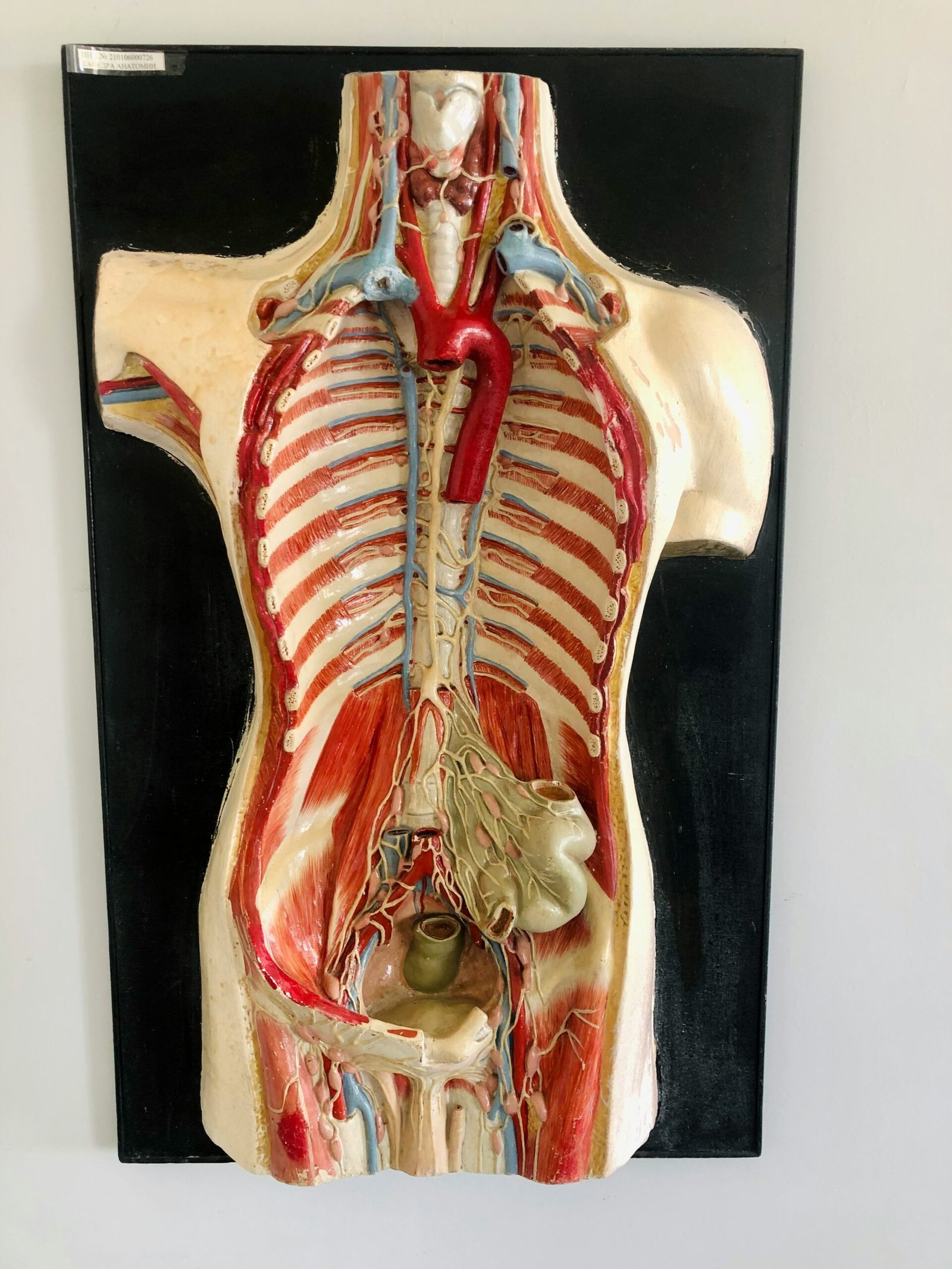The Importance of Macronutrients: Proteins, Carbs, and Fats
Maximizing your strength training results hinges significantly on the proper intake and balance of macronutrients: proteins, carbohydrates, and fats. Each macronutrient plays a unique and pivotal role in enhancing your workout efficiency and overall muscle development.
Proteins stand at the forefront of muscle repair and growth. Constituting the primary building blocks of muscle tissue, adequate protein intake ensures the repair of damaged muscles post-exercise and promotes hypertrophy. Key sources of high-quality protein include lean meats such as chicken and turkey, fish, legumes, and various protein supplements like whey and plant-based protein powders. Including a variety of these protein-rich foods in your diet aids in meeting the necessary intake requirements to support and sustain muscle growth.
Carbohydrates are paramount when it comes to fueling intensive workouts. Serving as the primary energy source for your body, especially during high-intensity exercise, carbohydrates need to be a substantial part of your diet. Prioritize complex carbohydrates for sustained energy release and optimal glycogen storage. Whole grains such as brown rice, oats, and quinoa, along with fruits and vegetables, should feature prominently in your meals. These foods not only provide energy but also supply essential vitamins and minerals that facilitate overall health and performance.
Healthy fats, though often misunderstood, are vital to a balanced diet, especially in the context of strength training. Fats play a crucial role in hormone production, including testosterone, which is key for muscle growth. They also contribute to overall well-being and metabolic health. Sources of healthy fats include avocados, various nuts, seeds such as chia and flaxseeds, and olive oil. Incorporating these fats into your diet can enhance your body’s ability to produce necessary hormones and absorb essential nutrients, ultimately supporting your strength training goals.
By understanding and properly integrating proteins, carbohydrates, and fats into your nutritional strategy, you can greatly enhance the effectiveness of your strength training regimen, leading to better performance, recovery, and muscle development.
Timing Your Nutrient Intake for Optimal Performance
Proper nutrient timing is a critical factor that can markedly enhance the outcomes of your strength training sessions. Consuming a balanced pre-workout meal or snack is paramount. Aim to ingest this meal approximately 2-3 hours before your training session. This pre-workout nutrition should be rich in both carbohydrates and proteins, providing the energy and amino acids essential for a robust workout. Carbohydrates are crucial as they serve as the primary energy source during high-intensity activities, while proteins help to initiate muscle repair even as you exercise.
Following your workout, attention shifts to the ‘anabolic window’—a vital 30-60 minute period when your muscles are most receptive to nutrient absorption. Consuming a mix of proteins and fast-digesting carbohydrates during this window can significantly enhance muscle recovery and growth. Proteins supply the amino acids necessary for muscle repair, while carbohydrates replenish depleted glycogen stores, ensuring you’re adequately primed for your next training session. Prioritizing rapid-digesting nutrient sources, such as whey protein and simple carbs like fruit or a sports drink, can expedite recovery.
Practical snack options can include Greek yogurt with a banana, a protein shake with some fruit, or a chicken sandwich on whole wheat bread. Also, consider planning your meals around your workout schedule to ensure consistent nutrient availability. Preparing meals in advance can alleviate the burden of meal planning and guarantee that you are meeting your macronutrient needs. This strategy enables you to stay consistent, ensuring no point comes where you’re deprived of the essential nutrients necessary for muscle synthesis and recovery.
Incorporating these practices can help maintain a steady supply of necessary macronutrients, ultimately contributing to improved strength training results. Effective timing of nutrient intake, combined with appropriate dietary choices, can be a powerful component in achieving your strength and fitness goals.
Hydration: The Often Overlooked Key to Strength Training Success
Proper hydration is pivotal for optimizing your performance in strength training. Water plays an integral role in muscle function, as it is necessary for muscle contraction and prevents cramping by maintaining electrolyte balance within your cells. Additionally, water aids in regulating your body temperature, particularly during strenuous workouts where excessive sweating can lead to significant fluid loss. By facilitating nutrient transport, water ensures that your muscles receive the necessary vitamins and minerals to repair and grow post-exercise.
The consequences of dehydration can be severe, especially for those pushing their bodies during strength training. Even mild dehydration can result in noticeable declines in strength and endurance, impairing your ability to perform exercises effectively. Common signs of dehydration include thirst, dry mouth, fatigue, dizziness, and dark-colored urine. As dehydration intensifies, it can lead to muscle weakness, rapid heart rate, and in extreme cases, heatstroke.
To maintain optimum hydration levels, it is recommended that the average person consume approximately 8-10 glasses (2-2.5 liters) of water daily. However, those engaging in regular strength training should adjust their intake based on their activity level, climate, and individual needs. This may require consuming an additional 1-2 liters of water, particularly on days with intense or prolonged workouts. Monitoring your urine color is a simple yet effective method to gauge your hydration status—aim for a light, pale yellow color.
Maintaining electrolyte balance is also essential alongside regular hydration. Electrolytes such as sodium, potassium, and magnesium are vital for muscle function and fluid balance. They are often lost through sweat during vigorous exercise, necessitating their replenishment. Sports drinks can be beneficial in this regard, as they are specifically formulated to replace electrolytes. Natural alternatives like coconut water also provide a rich source of electrolytes without added sugars or artificial ingredients.
By prioritizing hydration and electrolyte balance, you can enhance your strength training performance, ensuring that your body operates at its peak capability while minimizing the risk of dehydration-related setbacks.
Supplementation: Enhancing Strength Training with the Right Nutrients
While whole foods should be the cornerstone of any nutrient-dense diet, the strategic use of supplements can significantly enhance strength training results. Among the most popular options, whey protein, creatine, and branched-chain amino acids (BCAAs) stand out due to their well-documented benefits and effectiveness.
Whey protein is a highly regarded supplement known for its optimal amino acid profile and rapid digestion, making it ideal for post-workout recovery. It provides the necessary building blocks for muscle repair and growth, helping to enhance the overall strength training results. Typically, 20-30 grams of whey protein consumed within 30 minutes post-exercise is recommended to maximize muscle protein synthesis.
Creatine, a naturally occurring compound in muscle cells, plays a crucial role in energy production during high-intensity activities like weightlifting. Supplementing with creatine increases the body’s stored form of creatine phosphate, which can improve strength, power, and exercise performance. A common approach involves a loading phase of 20 grams per day for 5-7 days, followed by a maintenance dose of 3-5 grams daily.
Branched-chain amino acids (BCAAs), encompassing leucine, isoleucine, and valine, are essential because the body cannot synthesize them. BCAAs help reduce muscle soreness and fatigue while promoting muscle protein synthesis. Consuming 5-10 grams of BCAAs before or after workouts can be beneficial, especially for those with a lower protein intake.
It is important to undertake an individual assessment to determine the need for additional supplements. Factors such as dietary gaps, training intensity, and personal fitness goals should inform these decisions. Consulting with a healthcare provider or nutritionist can help tailor an optimal supplementation plan.
Choosing high-quality supplements is paramount to ensure safety and efficacy. Seek products that have undergone third-party testing and hold certifications from reputable organizations. Be wary of harmful substances and opt for brands with transparent labeling practices.
In addition to performance-focused supplements, vitamins and minerals play a pivotal role in supporting overall health and training efficiency. Ensuring adequate intake of nutrients like vitamin D, magnesium, and iron can help prevent deficiencies that might impede progress. A well-rounded diet complemented by thoughtful supplementation can serve as a strong foundation for maximizing strength training outcomes.



